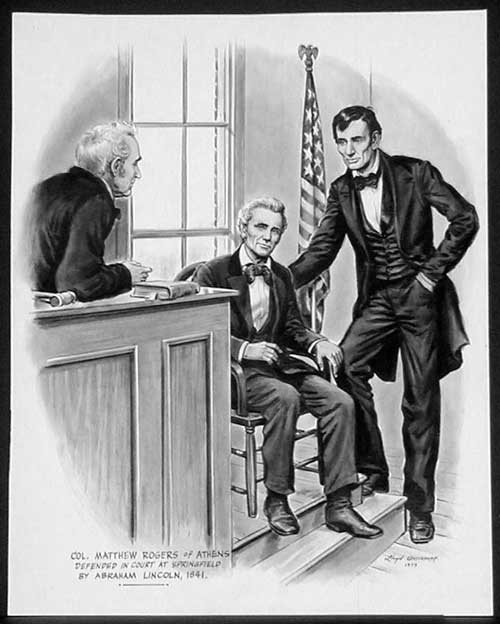 This is a big week for anniversaries. On Friday it is 50 years since John F. Kennedy was assassinated in Dallas. And tomorrow is 150 years since Abraham Lincoln delivered his two-minute long Gettysburg address, in a scant 270 words or so, which I wrote about three years ago.
This is a big week for anniversaries. On Friday it is 50 years since John F. Kennedy was assassinated in Dallas. And tomorrow is 150 years since Abraham Lincoln delivered his two-minute long Gettysburg address, in a scant 270 words or so, which I wrote about three years ago.
Lincoln left behind on that Gettysburg battlefield some of the most memorable language that we have regarding the future of our democracy, “whether that nation, or any nation so conceived, and so dedicated, can long endure.” He thought it important for the nation to resolve “that government of the people, by the people, for the people, shall not perish from the earth.”
On the day Lincoln spoke for just a few minutes, so too did Edward Everett a noted politician of the day. He spoke for over two hours. Nobody quotes Everett.
One thing that Lincoln and Kennedy both left behind was the simple power of their words, in that they were able to enrich broader concepts. A simple search of quotes on Kennedy turns up these well-known words, and much more:
- My fellow Americans, ask not what your country can do for you, ask what you can do for your country.
- Let us not seek the Republican answer or the Democratic answer, but the right answer. Let us not seek to fix the blame for the past. Let us accept our own responsibility for the future.
- Things do not happen. Things are made to happen.
- Mankind must put an end to war before war puts an end to mankind.
This leaves us with a few questions:
- What words are you using to communicate, and how many do you really need?
- What are you doing today that will cause people to remember you after you’re gone?
- What are other people doing in your name?
The best answer for a lawyer’s peace of mind is in the Talmud: if you save one person, it is as if you have saved the whole world.